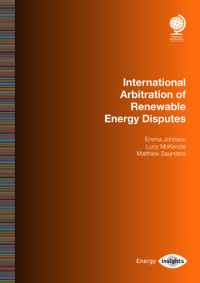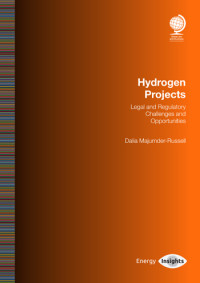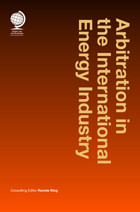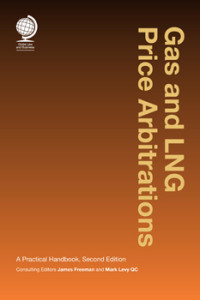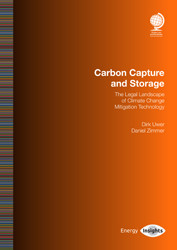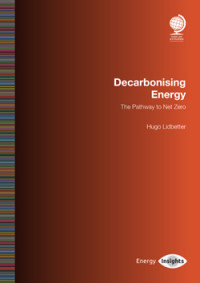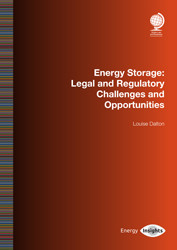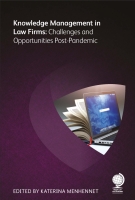
Author(s): Emma Johnson, Lucy McKenzie, Matthew Saunders - Ashurst
Publication date: Aug 2021
Format: A4 Softback
Pages: 87
Price: £75.00
ISBN: 9781787424661
How our eBook platform works
How our Globe Law Online 5 user licence works
Overall, the report is a perfect guide for anyone who wants to get a full picture of the main issues relevant for renewable energy arbitration disputes as it accurately identifies the unique features of renewable energy projects which investors and practitioners have to pay special attention to.
,
Despite a temporary decline in energy usage and emissions resulting from the confinement policies adopted by many states in response to the Covid-19 pandemic, the world is not on track to meet the Paris Agreement climate change goals. In order to bridge the 'emissions gap' by 2030, the energy industry is critical to achieving the necessary cuts to emissions, however, it must also balance increasing energy demand with the need to achieve sustainability of energy supply for future generations. This requires the industry to transition from dependence on fossil-fuel sources and look to new technologies that underpin a low-carbon economy. Renewables are central to this transition.
The increase in renewable energy capacity globally and the complex and relatively untested nature of renewables projects and the contracts underlying them give rise to a wide range of potential disputes. International arbitration has long been the preferred dispute resolution forum for the energy sector and is well placed to be the leading process for resolving the many and varied disputes that can arise in the lifetime of a renewables project.
In light of the increased prevalence of renewables disputes, this Special Report considers:
- the defining characteristics of renewables projects;
- the scope for disputes to arise in the implementation of these projects at an inter-state, investor-state and commercial level;
- the suitability of arbitration to resolve these disputes, and how its processes can be adapted to resolve them in an efficient and effective way; and
- what the future of arbitration of renewable energy disputes might look like.
Written for both a legal and non-legal audience, this Special Report is relevant to those interested in learning about the scope for disputes in the renewables sector, how they can be avoided, and how arbitration can best be deployed to prevent delay and help push the energy transition forward.




